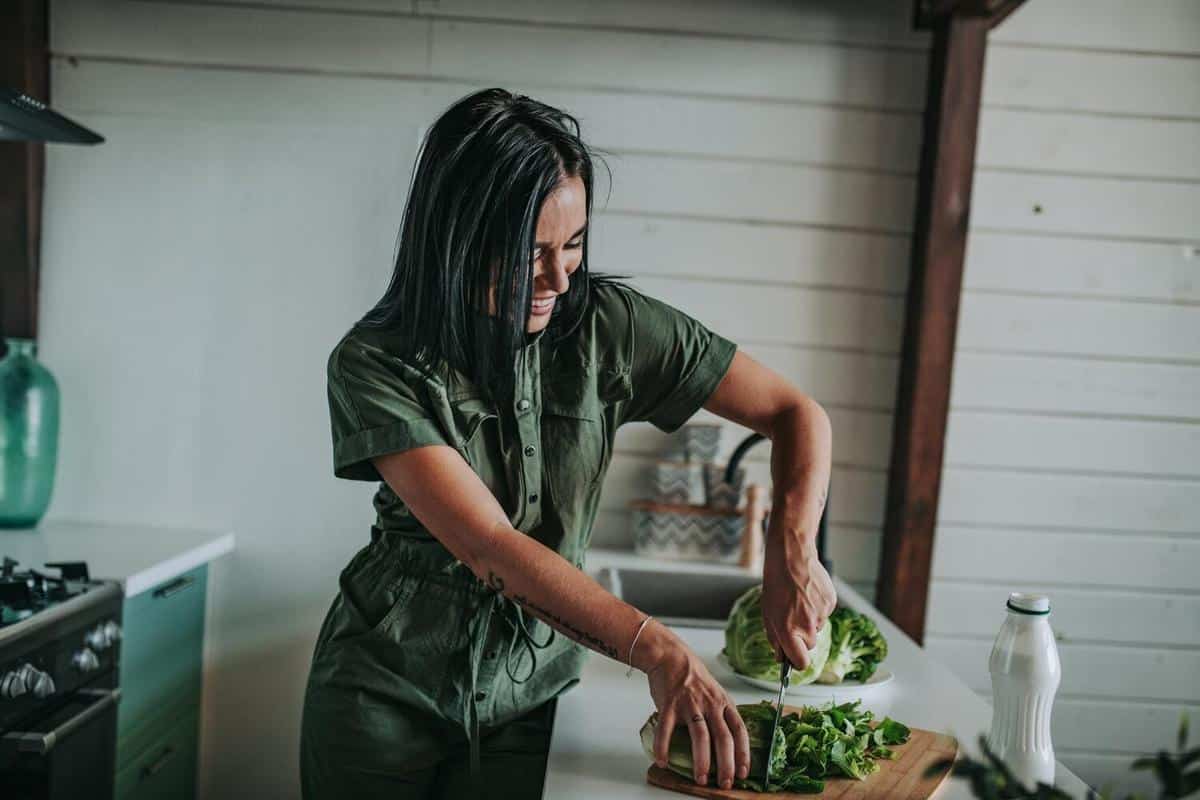
Vegan Nutrition: Getting Your Essential Nutrients
Navigating a vegan lifestyle can be exciting yet challenging, especially when it comes to ensuring you’re getting all the essential nutrients. This guide aims to demystify vegan nutrition, offering practical insights and solutions for maintaining a balanced diet.
Understanding Essential Nutrients in a Vegan Diet
A vegan diet, when well-planned, can provide all the nutrients your body needs. However, understanding where to find these nutrients is crucial. According to the Academy of Nutrition and Dietetics, a vegan diet can support healthy living at every age and life stage, but attention must be paid to specific nutrients.
Key Nutrients to Focus On
- Protein: Essential for muscle repair and growth. Sources include lentils, chickpeas, beans, and tofu.
- Vitamin B12: Vital for nerve function, often found in fortified foods and supplements.
- Iron: Necessary for blood production. Opt for lentils, quinoa, and fortified cereals.
- Calcium: Important for bone health. Plant-based milks and leafy greens are excellent sources.
- Omega-3 Fatty Acids: Crucial for heart health, available in flaxseeds, chia seeds, and walnuts.
- Vitamin D: Supports immune function and bone health. Sun exposure and fortified foods can help meet needs.
- Zinc: Supports the immune system and can be found in pumpkin seeds and whole grains.
- Iodine: Necessary for thyroid function, found in seaweed and iodized salt.
Ensuring a Balanced Diet
Registered dietitian Sharon Palmer suggests variety is key. “Eating a range of colorful fruits, vegetables, whole grains, and proteins ensures you’re covering all bases,” she notes. Consider a meal plan that incorporates different food groups daily.
Sample Vegan Meal Plan
| Meal | Example |
|---|---|
| Breakfast | Oatmeal with almond milk, flaxseeds, and berries |
| Lunch | Quinoa salad with chickpeas, kale, and a lemon-tahini dressing |
| Snack | Carrot sticks with hummus |
| Dinner | Stir-fried tofu with mixed vegetables and brown rice |
| Dessert | Chia seed pudding with coconut milk |
Common Questions About Vegan Nutrition
FAQ
Will I get enough protein on a vegan diet?
Yes, by including a variety of plant-based proteins like beans, lentils, and tofu, you can meet your protein needs.
How can I ensure I’m getting enough Vitamin B12?
Consume fortified foods or take a B12 supplement to maintain adequate levels.
What are some good sources of iron?
Foods like lentils, quinoa, and spinach are rich in iron, especially when consumed with vitamin C-rich foods to enhance absorption.
Conclusion
Transitioning to a vegan diet doesn’t mean sacrificing nutrition. By understanding which nutrients to prioritize and where to find them, you can thrive on a plant-based diet. Remember, variety and balance are your best allies. For further reading, explore resources from reliable organizations like the Academy of Nutrition and Dietetics and reputable vegan nutrition experts.


